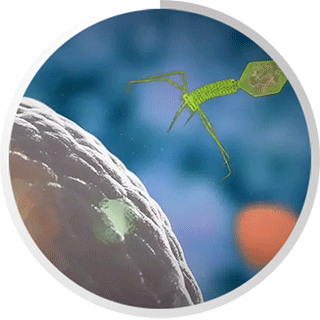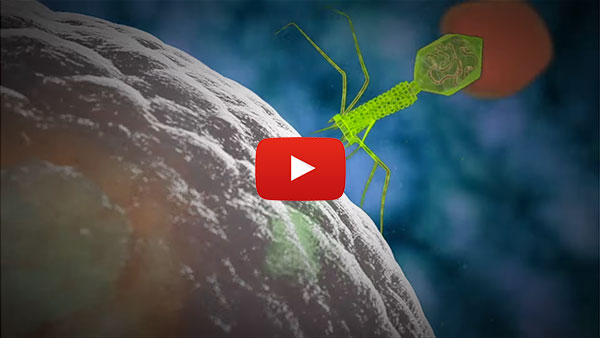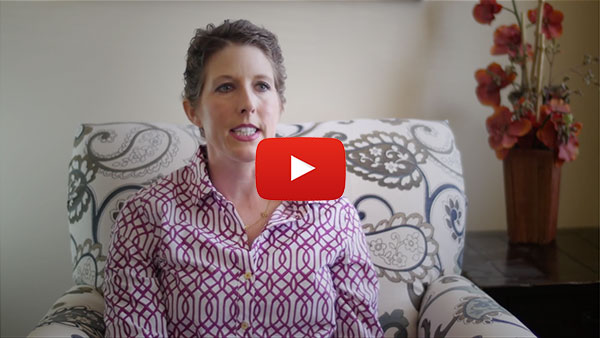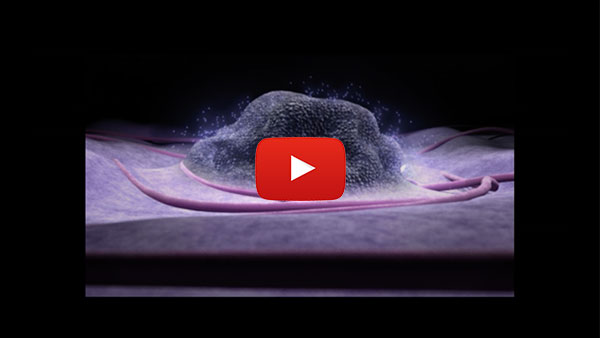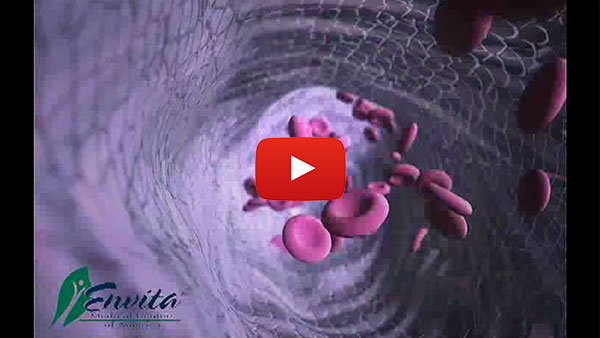The Immune System is the First and Last Defense Against Cancer
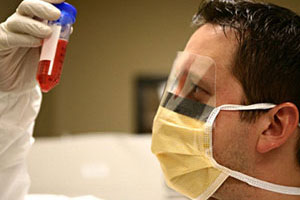
The importance of the immune system in fighting cancer was recognized as far back as the 1970s. It is important to see how the immune system and its components enhance a patient's ability to fight back and how it may augment radiation and chemo treatments.
In fact, there may be no better method by which to compare cancer treatment Center than by placing their immunotherapy treatments side-by-side. Immunotherapy considerations are a phenomenal benchmark for judgement, revealing just how high-tech or advanced a specialized cancer center actually is.
Envita is proud to point out that AAIT was approved to conduct a Phase I drug study regarding the body's ability to utilize the immune system to fight cancer. Subsequently, Envita has researched, studied and adopted numerous immunotherapy techniques over the last 10 years.
Important Immunotherapy Treatments
Immunotherapy and Cancer Treatment
The American Cancer Society defines immunotherapy as a treatment "based on the body's natural defense system, which protects us against a variety of diseases... [and] also works to aid our recovery from many illnesses." Beyond being utilized as a stand-alone treatment method, it can be extremely helpful in enhancing the efficacy of other forms of treatment, providing patients with less toxic alternatives.
No matter the method employed, the body will eventually call upon the immune system to rid itself of cancer cells and to speed healing. Enhanced immune function can improve chemotherapeutic drug efficacious as a depleted immune system will limit a patient's ability to fight cancer and ward off infection. To date, more than 80% of stage 4 cancer patients have serious infection complications post-metastasis.
Immune Function - A Major Prognosis Predictor
Patients with virtually all pathologies of cancer suffer with broad-spectrum immune suppression. This decrease in immune functionality and effectiveness is a certain predictive factor of disease progression, moreover, an indication of a poor survival rate for patients suffering with many disparate cancer types.
The immune system is so important that oncologist Herman Kattlove, a medical editor and writer for the American Cancer Society, wrote, "Immunotherapy may be one of the only ways left to deal with cancer."*
*"Researchers Test New Weapon in the Ongoing Cancer Fight," The Wall Street Journal, May 23, 2003
More About Immunotherapy in Cancer Treatment
6 Guiding Principles to Being Food Smart
Cytokines are the means by which both conventional and advanced alternative medicine talk about immunotherapy. In conventional medicine, renal cell or melanoma patients would be treated with cytokine IL-2. However, it should be pointed out that immunotherapy is largely ignored by conventional chemotherapy and radiation protocols.
There are many components to the immune system which represent the body's army against disease. A lot of its functionality relies on signaling molecules, or cytokine proteins, which act as the medium through which cells communicate with one another.
Because there are so many different kinds of cells, it stands to reason that there are hundreds of cytokines to help them. Imagine for a moment that all different cells speak different languages. So if a given cell releases a cytokine that cannot be recognized or understood by another, the second cell will do nothing to respond to the request of the first. If the first cell does use a cytokine understood by the second cell, the second cell will respond in a desired fashion.
Take a look at some of the immune system's important cytokines and become familiar with what they do:
- Interleukins: These Cytokines send messages in between white blood cells, or leukocytes. The different types of interleukins are as follows:
- Interleukin-2, or IL-2 - Tells T cells and natural killer cells (NK) to multiply
- IL-6 - Tells all white blood cells that there is an infection and tells them to go to the spot of infection
- IL-8 - Helps blood vessels to grow
- IL-10 -Tells T cells to stand down, rather than fight an infection
- IL-12 - Tells natural killer cells to get ready to fight and also inhibits angiogenesis (development of new blood vessels)
- Interferons are another form cytokines that, as their name implies, interfere with and hwlp to defend against viral growth. The two primary interferons are:
- Interferon alpha, or IFN-alpha - Boosts immunity against viruses
- IFN-gamma - Specifically activates natural killer cells and also fights viruses and tumors
Integrative Medicine; Cancer Treatment Center with Immunotherapy
A shrewd way to evaluate Alternative Cancer Treatment Center is by determining the level of immunotherapy available at each given center. Here is a solid explanation of immunotherapy's different levels that may be applied to such comparative analysis.
- Entry Level immunotherapy – This is seen at most naturopathic medical practices, chiropractor offices, acupuncturist operations and health food stores and is most easily recognized by the administering of immune system building oral supplements, nutrition, and teas. The level of background in cancer immunotherapy can vary greatly among these providers. Nevertheless, you will find that entry level is what is most often used in combination with chemotherapy and radiation. While it does have some positive effects, it is typically offered to demonstrate a particular practice or institution is "open-minded" while remaining focused on pharmaceutical-based solution.
- Middle Level immunotherapy – Administers forms of immunotherapy like intravenous high-dose Vitamin C for cancer patients. Iscador, mistletoe and other homeopathic botanicals may also be included in their treatment protocols. By and large, mid-level is provided by naturopathic doctors in some states, as well as by some more open-minded MDs and DOs. Oftentimes, these mid-level practices will offer some entry level methods as well.
- Higher Level immunotherapy – Aims to potentiate various forms of chemotherapy via immunotherapy. Their providers (DOs or MDs) carry the licensure necessary to practice these methods and will likely integrate all methodologies mentioned above. Their goal is to target cancer cells while working to get the immune system functioning at a high level.
- Highest Level immunotherapy – This method refers directly to the science of building vaccines derived from the patient's own immune system to fight cancer. Cellular-based immunotherapy extracts white blood cells and expands them to more effectively battle the disease. This is akin to an "immune system transplant" of sorts and originated some 25 years ago with cytotoxic T cells. The science and methodology of this highest level continue to advance rapidly and greatly available in countries outside the United States. That being said, a newly approved drug has just been accepted in the United States for Stage 4 prostate cancer patients.
- Next Gen Immunotherapy – This is a cellular-based immunotherapy utilizing genetic manipulation.
All these methods of immunotherapy are currently offered at Envita. In addition to this quality of therapy, we have the experience and training to determine ideal combinations in a case-by-case scenario.
What Most Oncologists Consider to be Immunotherapy
Cell-based immunotherapy is typically recognized domestically when a drug trial is being sponsored. By and large however, the science is typically ignored. While cytokines are referenced, conventional treatment Center continually leave them out of cancer protocols. It seems that conventional oncologists worry that their patient will be taken off normal chemotherapy treatments for an unproven alternative one. This unfounded fear stands in the way of most patients fully engaging in the best treatment plan possible to fight their disease.
At Envita we have been using the state-of-the-art treatments for building a targeted immune system against cancer for some time now. To learn more about how we can help , visit our PPMR process or contact us to speak to one of our qualified patient care educators.

